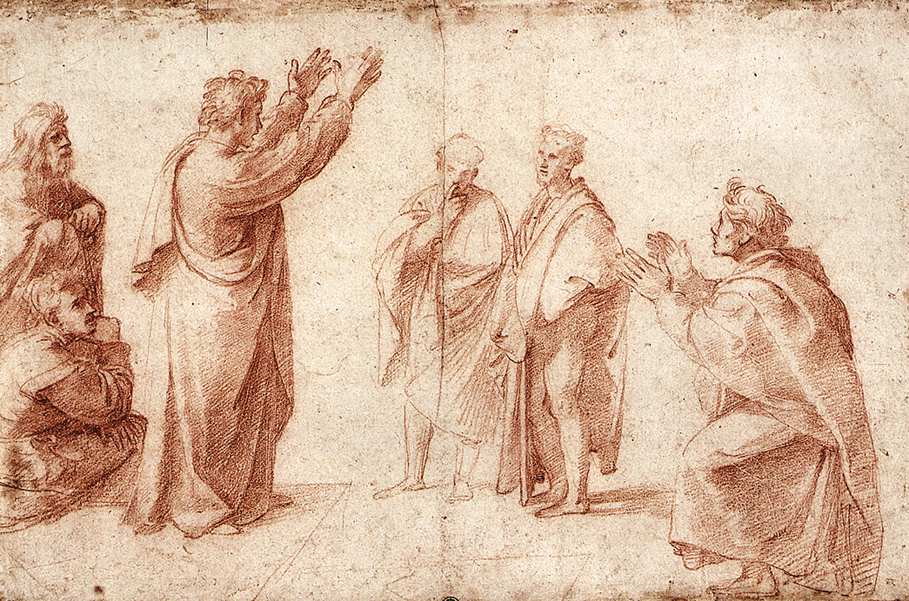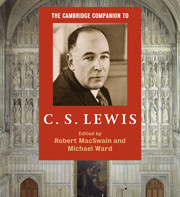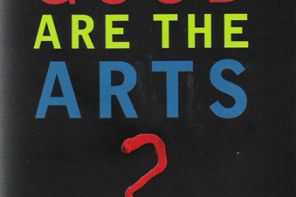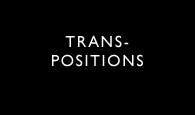 Robert Wuthnow. The God Problem: Expressing Faith and Being Reasonable. Berkeley and Los Angeles: Univeristy of California Press, 2012, ix + 332 pp., £24.95/$34.95 cloth.
Robert Wuthnow. The God Problem: Expressing Faith and Being Reasonable. Berkeley and Los Angeles: Univeristy of California Press, 2012, ix + 332 pp., £24.95/$34.95 cloth.
In this book, Robert Wuthnow, Gerhard R. Andlinger Professor of Sociology at Princeton University, investigates the ways in which ordinary American Christians use language to talk reasonably about their belief in God. Challenging critics of religion, he asserts: “There is a God problem. Belief in God is a dubious conviction. There is no getting around it.”[p. 3] Nevertheless, he contends that “well-educated, thoughtful Americans have found a way of having their cake and eating it too: of affirming their faith while also maintaining their belief in reason.”[p. 3]
Drawing upon research polls, he notes that America is one of the most highly educated societies in the world, and, despite arguments that claim religious beliefs are fraudulent or irrational, it displays high levels of religious activity even among the better-educated members of society. Asking how these educated people reconcile their faith with a desire to be rational in light of these criticisms, he concludes: “Language is the key to understanding how thoughtful people resolve the God problem.”[p. 35]
It occurs indirectly through self-monitoring – including the choices people actually make about what and what not to say, and the choices that do not have to be made because of conforming to commonly accepted uses of language. A normal, well-educated American who says “I had a demon living in my body until Jesus freed me of it” has a lot of explaining to do. A person who instead says “I went to AA meetings and gradually started to experience the freedom described in the Bible” comes off as simply a normal person. These are subtle conventions of thought and speech that make it possible for people to communicate their religious convictions and their commitment to being reasonable.[p. 217]
While this study is a sociological one, and not explicitly theological as such, what it provides is a comprehensive illustration of how ordinary, well-educated Christians are engaging in a sort of practical theology of their own. He provides the theologian with an account of how American Christians are using language to grapple with difficult theological concepts, to reconcile faith with reason, and to construct meaningful relationships with other Christians and non- Christians alike. In doing so he provides a challenge, which warrants further theological study: how does the unregulated use of language in such a way alter, enhance or corrupt theological concepts and standardized beliefs about God?
Review by Katie Bradley
 Stephen Davies. The Artful Species: Aesthetics, Art, and Evolution. Oxford: Oxford University Press, 2012, 320 pp., £25.00/$45.00 paper.
Stephen Davies. The Artful Species: Aesthetics, Art, and Evolution. Oxford: Oxford University Press, 2012, 320 pp., £25.00/$45.00 paper.
If art once provided a clear distinction between man and monkey, then the complex picture of man sketched by modern scientific research demands a fresh look at those original subterranean brushstrokes. Stephen Davies, Distinguished Professor of Philosophy at University of Aukland, offers this fresh look in his exhaustive survey of the origins of the artful man.
Drawing upon work in psychology, neuroscience, archeology, evolutionary biology, philosophy of the arts, and even English Literature, Davies structures his text in an approachable and easily understood manner that remains engrossing without becoming overwhelming. With three sections covering key concepts, the aesthetic, and the arts, the book defines the most basic evolutionary understandings of aesthetics while assimilating these findings within a larger philosophical framework.
The central questions pursued throughout each section are those of art’s universality and adaptational character. Davies summarizes his point of inquiry as such: “There is a strong case for the claim that the aesthetic sense has a biological origin. In some cases our aesthetic sense may be adaptive, though in others it plainly is not. In other words, sometimes the exercise of our aesthetic sense apparently serves our biological agenda by drawing us to more successful, fertile lifestyles, yet at other times we indulge our tastes to no obvious effect.”[pp. 45-46] In essence, the inquiry into art as adaptation is steeped in sex. From the peacock’s florid tail to the bowerbird’s beautiful nest, evolutionary biologists link the origins of our aesthetic impulse to the desire to make ourselves more attractive to the opposite sex. Such an account of sexual selection, Davies suggests, would seem to obscure the barrier between man and animal and thus make art the common parlance of all living beings. Davies challenges this wholesale transference of art-as-adaptation from the animal kingdom in order to examine the costly and often dangerous persistence of art in mankind. While the role of art in sexual selection may indeed persist, it is the man’s use of “imaginative creativity” and “freedom” that continually marks the man as artist and the peacock a peacock.[p. 34] Davies identification of imaginative agency as the distinguishing mark of homo aestheticus is continually jeopardized by the success=sex model predominant in the arts in the West. As he points out, the “amorous successes” of today’s pop musician, painter, or film star make correlations with the peacock’s tail and peafowl reproduction more apropos than many would care to admit.
Davies ability to draw upon examples of art from evolutionary biology without falling prey to the constraints of a total adaptationist perspective is his signature strength. By expanding his conception of the aesthetic to include items which serve a evolutionary function, Davies distances himself from the “disinterested” approach often linked to the work of the late Denis Dutton and thus allows his reader to consider the aesthetic significance of the adorned axe and the cave painting alike. As he summarizes, “In my view, almost anything can be considered for its potential as a source of aesthetic experience.”[p. 9] Such an approach enables a more expansive inquiry into the function and functionless aspects of art over time while remaining still remaining critical of popular correlations between beauty and pleasure with aesthetic experience.
In sum, Davies book represents a rare achievement of lucid explanation and fair-minded analysis in an interdisciplinary field too often entrenched within dogmatic camps.
Review by Denny Kinlaw
Image Credit: University of California Press and Oxford University Press





